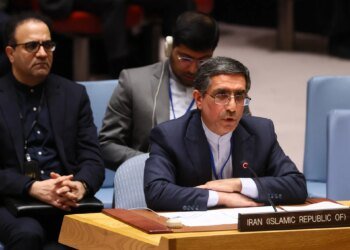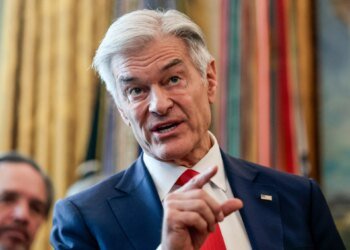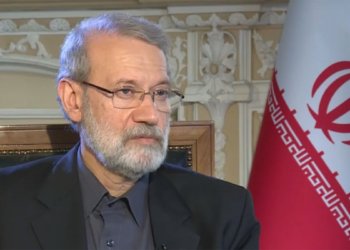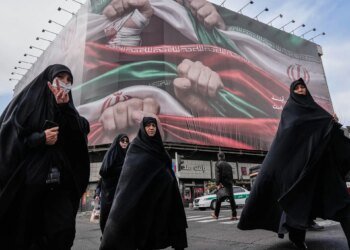Oil prices extended losses on Thursday after the Opec+ group of crude producers postponed its scheduled meeting and a rise in US stockpiles stoked demand fears.
Brent, the global benchmark for two thirds of the world’s oil, was trading 0.78 per cent lower at $81.32 a barrel at 4.45pm UAE time on Thursday. West Texas Intermediate, the gauge that tracks US crude, was also down 0.78 per cent at $76.50 a barrel.
Brent slumped as much as 4 per cent on Wednesday, while WTI fell more than 5 per cent after the Opec+ group announced a delay in its key meeting, a move that surprised the market.
The producers’ group postponed its Joint Ministerial Monitoring Committee meeting as well as the Opec and non-Opec Ministerial Meeting, originally planned for November 25 and 26, to November 30.
It did not give a reason for the delay in a brief statement posted on its website.
The meeting of the Opec+ group, led by Saudi Arabia – the world’s biggest oil exporter – and Russia, was expected to chart the course of crude output cuts in 2024 and discuss any possible changes to their long-standing agreement aimed at stabilising the oil market.
“Crude futures were back under strong selling pressure early Thursday in Asia as traders in the region reacted to the news that the Opec+ ministerial meeting had been postponed from November 26 to November 30,” energy consultancy Vanda Insights said.
“The delay is being seen as an indication that the group may be struggling to agree on a production cut and/or the proposed reduction in the baselines of Opec members Nigeria and Angola.”
The 2024 production quotas decided in June included a lower target for nine of the 23 member countries: Russia, Nigeria, Angola, Malaysia, Azerbaijan, Equatorial Guinea, Congo, Brunei and Sudan.
“Every member country acknowledges the need to reduce output to support prices into 2024. The question is how to share the burden of this,” said Jorge Leon, senior vice president at Rystad Energy.
“Despite the challenges, we still expect Opec+ to reach an agreement to reduce production in the upcoming ministerial meeting. This could involve further voluntary cuts from members.
“However, we cannot completely rule out the possibility of a deadlock at this point.”









 United Arab Emirates Dirham Exchange Rate
United Arab Emirates Dirham Exchange Rate

